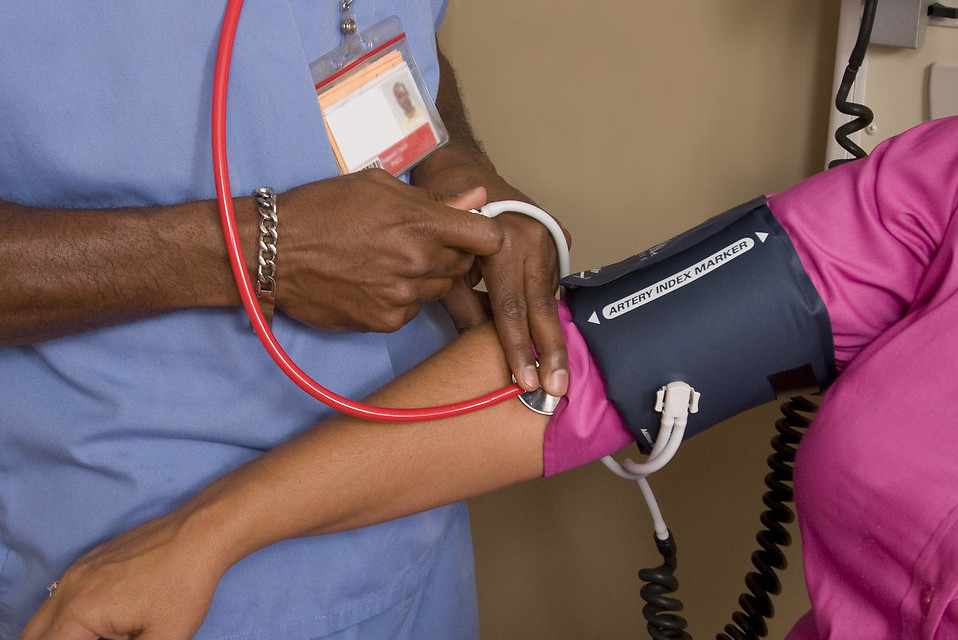By arcurtis
MidAmerica Nazareen University, Jan. 11, 2017 —
According to data and statistics, the lack of professionally active male nurses is apparent. Female nurses are not uncommon—nationally, there are 3.2 million. In comparison, the numbers for male nurses pale: 333,000 male nurses nationwide.
The groundwork for growth, in fact, is already being laid. From 1970 to 2011, there was an over seven percent increase in registered male nurses. Furthermore, the Bureau of Labor predicts a 16 percent growth (by the year 2024) in the number of registered male nurses. And The American Assembly for Men in Nursing has set an ambitious enrollment goal: a 20 percent increase by 2020.

In the late 1800s, for example, male nurses were ubiquitous; back then the profession carried a masculine aura, bolstered by associations with the military and religious orders.
In the early 1900s, though, things changed. New legal barriers, designed to encourage equality, often prohibited men from the nursing profession. Some nursing schools outright refused to admit them. In 1981 the US Supreme Court ruled such limitations as unconstitutional.
In the 1930s and ’40s, the percentage of male nurses dipped to its lowest point in history—approximately one percent, according to the US Department of Labor. Since then, it has been an uphill climb for men in nursing. As noted earlier, the numbers are still scarce. Though there is hope for a reversal.
The groundwork for growth, in fact, is already being laid. From 1970 to 2011, there was an over seven percent increase in registered male nurses. Furthermore, the Bureau of Labor predicts a 16 percent growth (by the year 2024) in the number of registered male nurses. And The American Assembly for Men in Nursing has set an ambitious enrollment goal: a 20 percent increase by 2020.
To earn this growth, one of the biggest roadblocks to overcome is the negative stigma that males can face in the nursing profession. Typically, in everyday media and pop culture, male nurses are depicted unfavorably. Jerry Lucas, a registered nurse and the publisher of Male Nurse Magazine, corroborates this theory.
“Unfortunately,” says Lucas, “one of the biggest detriments to men entering nursing is TV shows and movies like Meet the Parents.”
These days, though, some believe the stigma is waning. Dr. Barry Anderson, an assistant professor at the Medical University of South Carolina College of Nursing, is one of those people.
“I think that has come with the increase in health care technology, competitive salaries, high job satisfaction, and that others are now recognizing that nursing is a great career,” he says. “People are seeing it as a worthwhile profession in which you can make really good money with career opportunities.”










